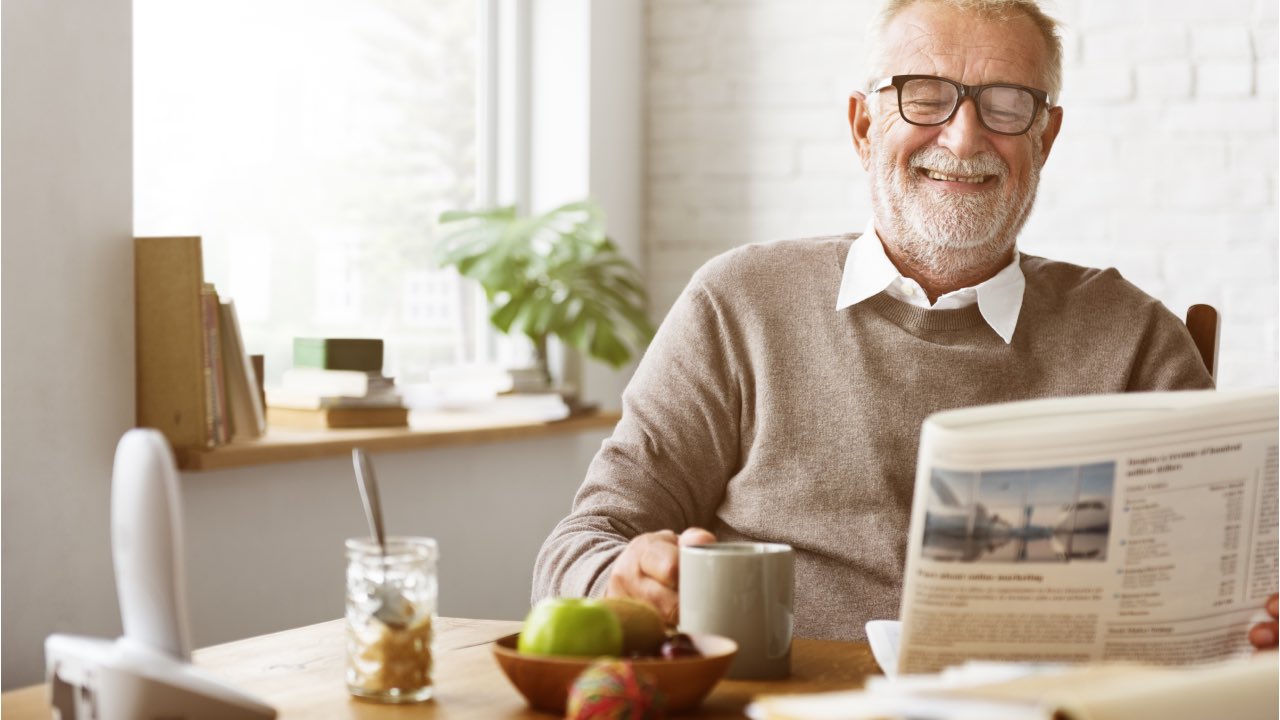How over 60s are coping better with lockdown restrictions

With over half the Australian population currently subject to stay-at-home orders, there is mounting evidence that older people are handling COVID-19 lockdowns better than their younger counterparts.
A recent study conducted by Macquarie University psychologists found that Aussie pensioners are experiencing better mental health and general wellbeing through the pandemic.
The research has measured the mental, social and physical wellbeing impacts of COVID-19 on older adults across a range of samples.
“Overall, we are finding that while many older adults reported low mood and worry, it is not as severe as might be expected, and that in many cases older adults were coping well,” says Professor Viviana Wuthrich, Director of Macquarie University’s Centre for Ageing, Cognition and Wellbeing.
Professor Wuthrich says these findings are consistent with global research and further reinforces the conclusion that age is associated with greater psychological resilience in the face of crisis.
While this study found that older people were more mentally resilient during the COVID-19 pandemic, the study took place in a US city in March 2020 before the effects of the deadly and highly contagious Delta variant were felt around the world.
“Even though older people understood they were at greater risk if they got COVID, that they could die or have serious complications – they still reported better mental health and better wellbeing,” she says.
“We've seen the same effects from studies in Spain, Canada and the Netherlands, and all found that older people were doing better than younger people.”
Professor Wuthrich did note that many studies found there was a significant increase in loneliness among the older generations, while technology was considered a ‘protective factor’ in combating feelings of isolation.
“We found that living with someone else, rather than living alone, was protective,” she says.
“We also found that another strong predictor of whether older people were resilient was about how much contact they had with their grandchildren.
“Those older people who were maintaining contact with grandchildren, whether via telephone or video conferencing, or in some cases, still face-to-face, were experiencing better mental health,” she says.
Image credit: Shutterstock
